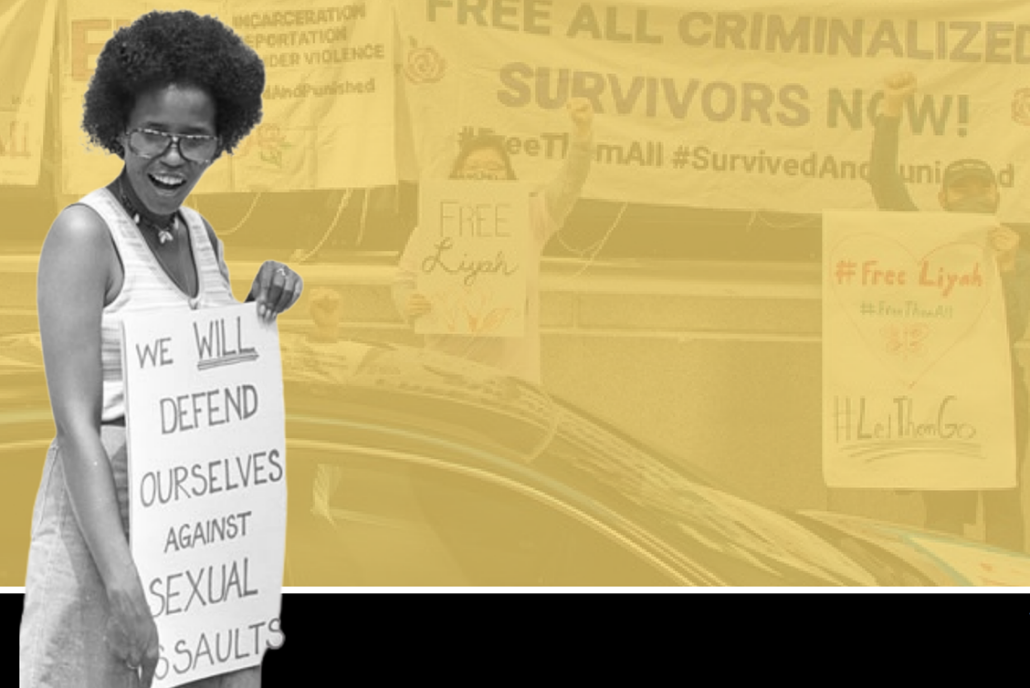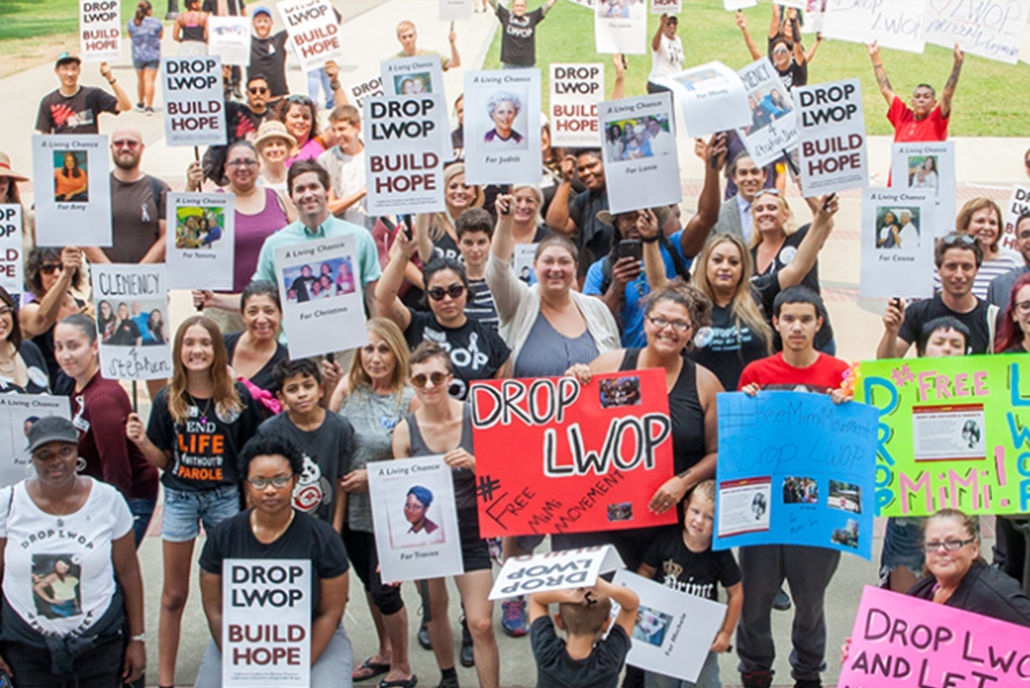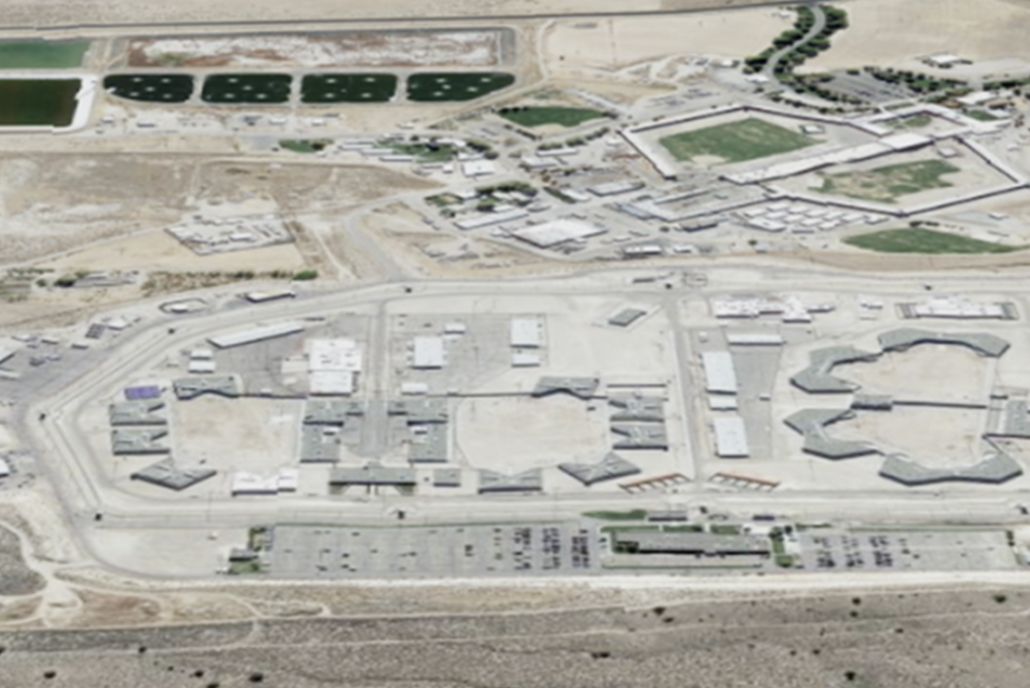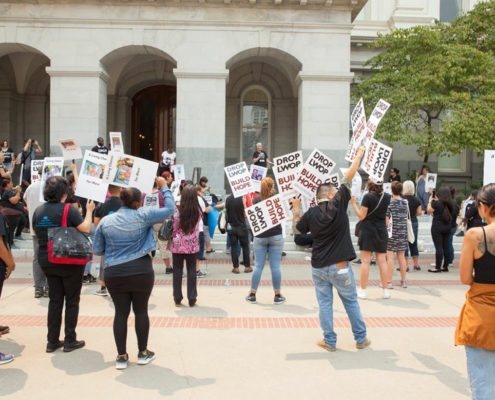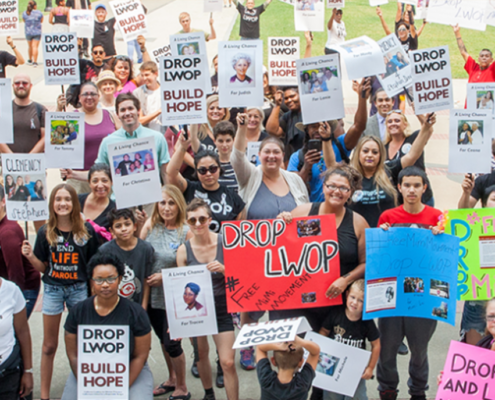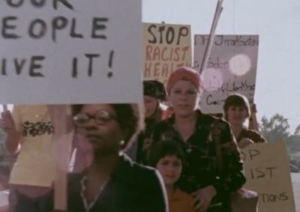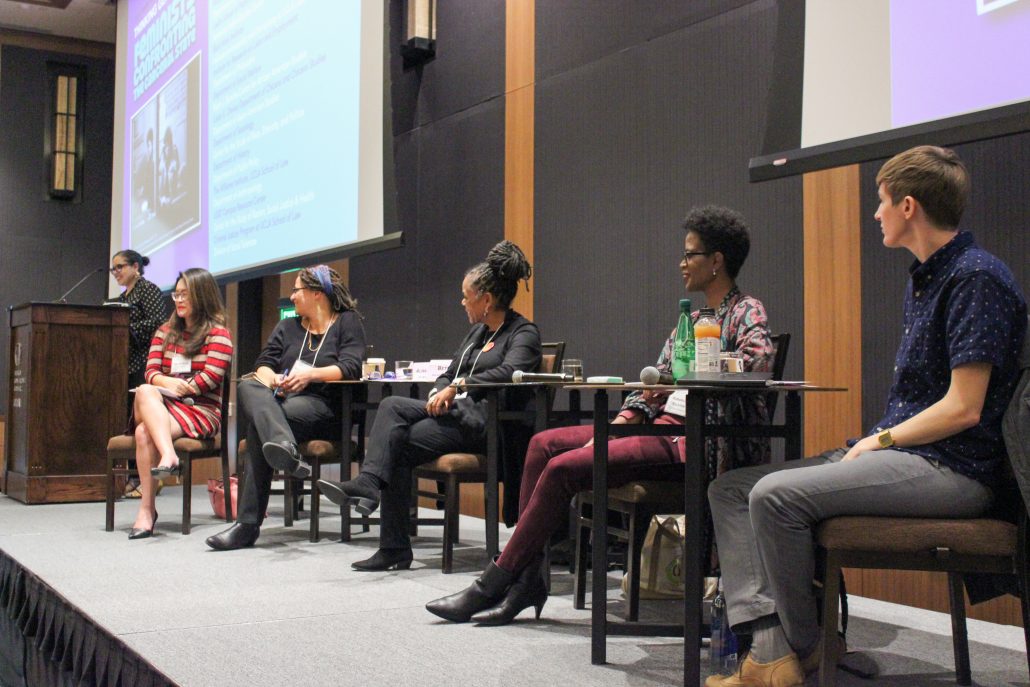Feminist Anti-Carceral Studies
The UCLA Center for the Study of Women|Streisand Center’s Feminist Anti-Carceral Studies initiative advances an abolitionist approach to gendered and racialized regimes of incarceration and policing. We pursue feminist, queer, and intersectional challenges to the carceral state.
Upcoming Events
Research Projects
This community-based, survivor-centered research report identifies key patterns in the criminalization of self-defense and recommendations to transform the conditions of criminalized survival.
The University of California Sentencing Project (UC Sentencing Project) mobilizes interdisciplinary and multi-genre modes of research and dissemination to address the needs of people who have faced long-term sentences in California’s prisons designated for women.
Special Circumstances Conviction Project
A collaboration between CSW|Streisand Center, the Drop LWOP Coalition, and the Felony Murder Elimination Project, the project analyzes the prevalence and impact of the use of special circumstances in criminal sentencing in California.
About Feminist Anti-Carceral Studies
HOW DOES THE CARCERAL STATE UNDERMINE GENDER JUSTICE?
The United States has the highest rate of women’s incarceration in the world. Only 4 percent of the world’s female population lives in the US, but the US accounts for over 30 percent of the world’s incarcerated women.1 Between 1977 and 2004, the number of women in US prisons increased by an unprecedented 757 percent.2 Discourses about gender expand the overall prison system. Legislators and prison authorities increasingly use “gender responsiveness,” the notion that prisons can be designed to respond to the needs of women and children, to expand prison budgets and justify prison building.
Prisons are unhealthy for women and families. As a 2015 CSW co-sponsored report revealed, women suffering from mental illness in LA County jails are routinely denied treatment, medication, and reproductive hygiene products, and are disproportionately punished with solitary confinement.
As sites of captivity, prisons and jails are inherently violent; they also foster specific forms of gendered and racial violence including sexual harassment, rape, and retaliation. Even meager avenues for redress have been eroded since the 1990s through legislation such as the Prison Litigation Reform Act. LGBTQ communities are disproportionately impacted: nearly 60 percent of incarcerated girls identify as LGBTQ, while nearly one in six transgender Americans, and forty-seven percent of black transgender people, have been incarcerated.3 Prisons entrench gender conformity by institutionalizing gender segregation and depriving trans prisoners of necessary health resources.4
Women, especially women (and girls) of color, are routinely criminalized for survival. In 1975, Dessie Woods was prosecuted for defending herself against rape by a white man in rural Georiga. Today, we see the legacy of criminalizing survival and survivors in the cases of Marissa Alexander, Bresha Meadows, and many others. Nearly sixty percent of people in women’s prison nation-wide, and as many as 94 percent of some women’s prison populations, have a history of physical or sexual abuse before being incarcerated. Black women are almost three times more likely to die at the hands of a current or ex-partner than other women.5
Incarceration and policing undermine reproductive and economic justice, endangering women and children through estrangement and removal, police violence, and inadequate mental and reproductive health services for pregnant women in prison. Incarceration creates economic precarity by draining the resources of families (through the bail system, the exorbitant price of prison phone calls, income and job loss due to court dates and other criminal punishment procedural requirements, tickets, etc.), undermining employment prospects, and subverting the rights of workers.6
The carceral state also threatens feminist futures by consuming resources that would otherwise be devoted to social life: child care, the environment, education, housing, health care, and other institutions that produce material safety and dignity.





